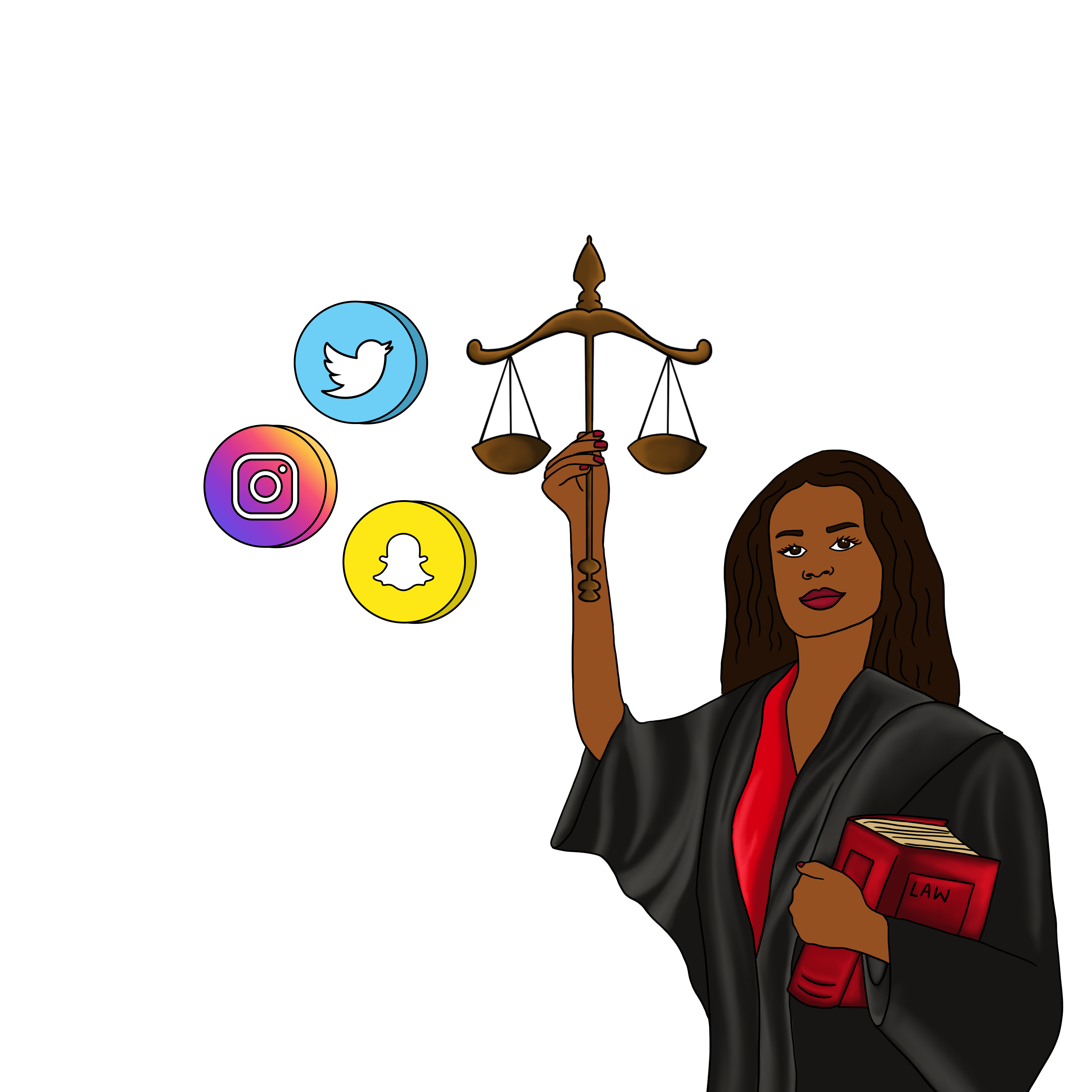This blog has been written by Anushe Noor Faheem, Member of DRF’s Network of Women Journalists for Digital Rights.
The internet is a platform where people of all social segments are present through different platforms. The more frequented platform, however, has been social media. Similarly, in Pakistan a huge percentage of the population is using social media. We all use it for different purposes; to connect with family, to promote our activism, keep ourselves abreast of celebrity updates etc. Yet, one thing we have been taking care of is, privacy. On every social media platform, we use certain privacy settings while self censorship is a bonus.
We should take a moment to reflect upon what pushes social media users to firstly self censor and secondly use privacy tools to feel safe on the internet. Third party access to our data is a huge crisis, however; and the trolls are a highly aggravating add on. Trolling in the traditional sense is defined as a form of fishing in which fish is caught through bait while hiding behind the boat. Internet trolling is exactly the same, as trolls hide behind anonymity and create random controversies for others to create unwanted pressure and trouble. Trolling can be termed as a form of sadism as well; as trolls satisfy their egos by putting other people in uncomfortable scenarios. They seek happiness in making others sad.
Trolling is a growing problem in Pakistan, especially for activists, bloggers, journalists etc specifically women. Women activists, bloggers and journalists are not only criticised for their views but also body shamed. Most women journalists and activists share their experience of online trolling and how it has affected their personal and professional lives. These women who face trolling are “told” about social and cultural sensitivities. And are condemned for expressing their views while reflecting on this society. They are body shamed which affects them psychologically; it creates barriers for self confidence. The usual way of trolling used in Pakistan is to spam their profiles with unsolicited pornography. These acts massively lead to self censorship. Women tend to stop themselves rather than confronting the whole issue. This is majorly due to lack of awareness about digital rights. We all have self censored ourselves; we who advocate for digital rights have censored their views and used extreme privacy settings despite having awareness about digital rights. Even the most prominent and bold activists have done so too at least at some point in their lives. The sole purpose for this is to feel safe in the digital world.
The added stalking and spamming leads to a lot of stress which forces users to avoid the social media platforms for their peace of mind. The fear of online abuse turning into offline abuse is persistent. Tackling situations of online trolling is extremely hard especially when there is a fear of it leading to offline crimes.
Debating is mostly out of question; even arguing with these trolls is a never ending process. Trolling seems like an epidemic which is now a hobby of the internet users in Pakistan. Researches reveal that trolls not only inflict harm upon others but also on themselves. Internet trolls might face issues such as depression and self-harm due to the mindset they fall into. These trolls live in their own bubble, which creates isolation which leads to self harm.
It is important to understand that trolling is not a good activity to kill time, but can be a harmful psychological disease; which would also affect the perpetrator along with the victim. Also, the awareness of digital rights is essential for people to combat trolling sooner or later. Everyone has a right to express and debate but stigmatizing on the basis of personal life and personal choices, is a violation of the law. Trolling can be eventually controlled if these cases are reported through proper channels. Having safe online practices is a tool one should wield, knowing that the world is expanding digitally.





